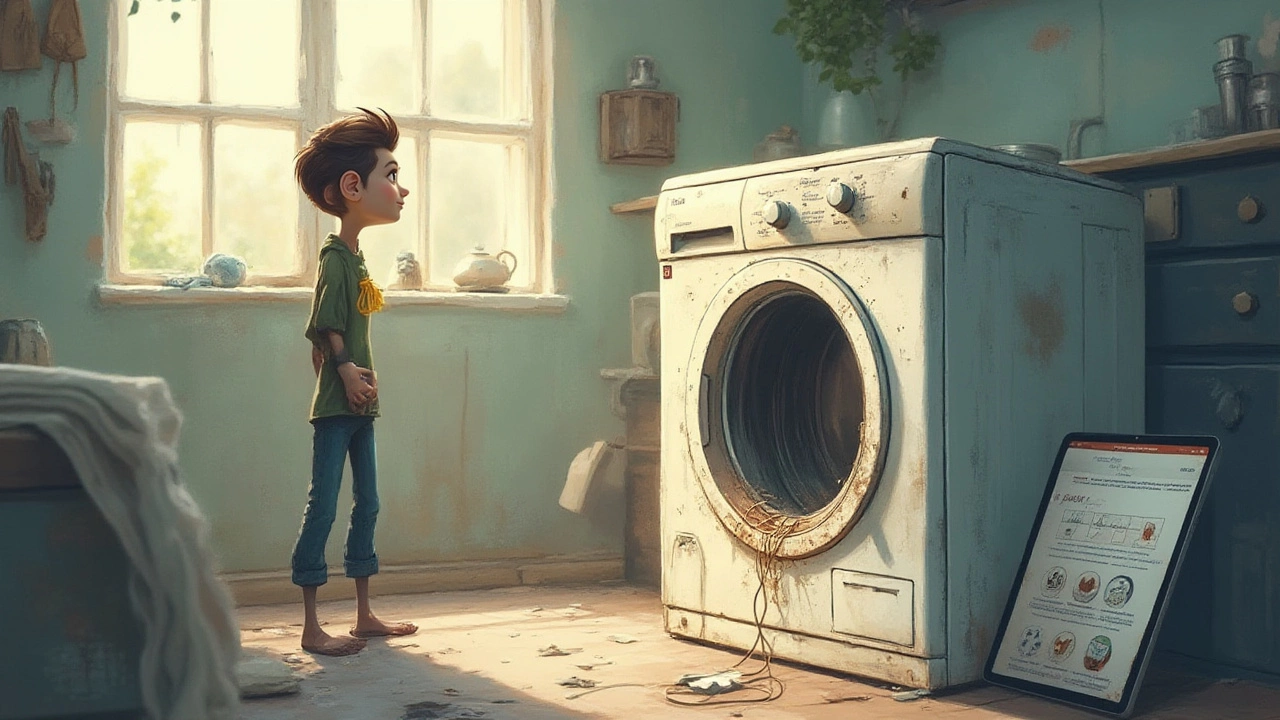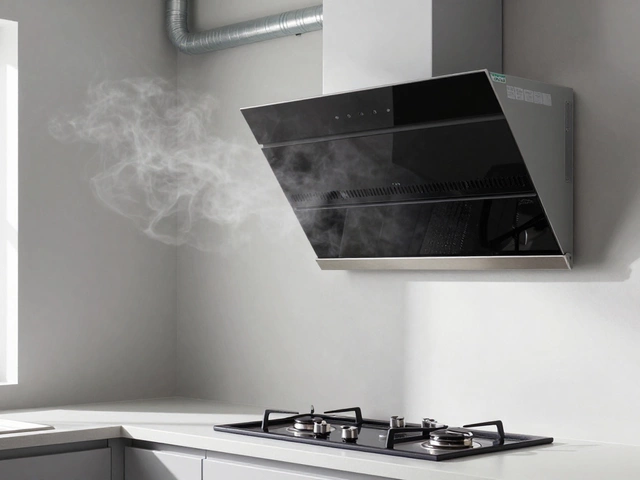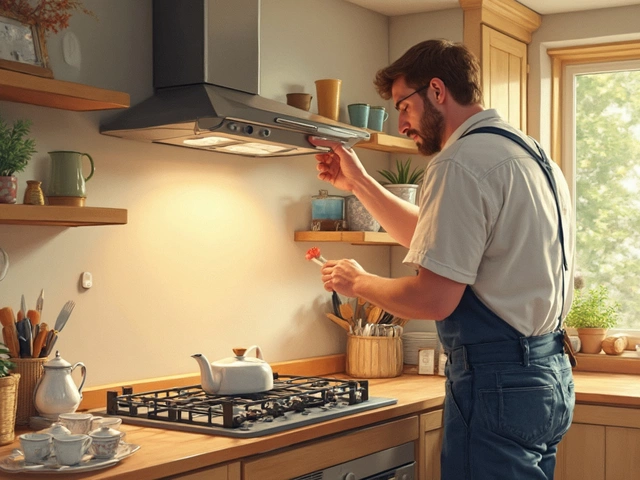Every house has gadgets that make life easier, but they can also cause trouble if you’re not careful. Knowing the basics of appliance safety can stop accidents before they start and save you money on repairs.
When a heat pump stops blowing warm air or a boiler starts leaking, the problem isn’t just an inconvenience—it can turn into a fire hazard or a flood. Even a simple fridge that isn’t cooling can make food spoil, leading to waste and health risks. By keeping an eye on how your appliances work, you protect your family and keep utility bills low.
1. Check the power cords. Look for frayed wires or loose plugs on your washing machine, oven, and extractor fans. If you see damage, replace the cord or call a professional. A bad cord is a common cause of short circuits.
2. Keep vents clear. Heat pumps, water heaters, and kitchen fans need good airflow. Dust and debris block the vents, making the unit work harder and overheat. A quick vacuum or brush once a month keeps things running smooth.
3. Test safety switches. Many ovens and electric water heaters have built‑in safety switches that shut off power if something goes wrong. Press the reset button on the water heater after a power cut and see if it stays on. If it keeps resetting, there’s a deeper issue and you should call a repair expert.
4. Follow manufacturer maintenance schedules. Brands often recommend flushing your water heater every 12 months or cleaning the filter on a dishwasher. Ignoring these steps can shorten the life of the appliance and increase the risk of leaks or malfunctions.
5. Know the signs of trouble. A fridge that’s cold on the top but warm on the bottom, an oven that won’t heat, or a boiler that makes strange noises are clues that something’s off. Don’t wait for a complete breakdown—address the issue early.
6. Use the right tools for DIY fixes. If you replace a hob element or swap out an extractor fan, turn off the power at the breaker, have a screwdriver set, and follow step‑by‑step guides. Safety gloves and goggles add extra protection.
7. Keep children away from hot surfaces. Ovens, cooktops, and water heaters can cause burns. Teach kids that the kitchen is a work zone and use stove guards when cooking.
By making these quick checks part of your routine, you’ll notice fewer problems and feel more confident that your home is safe. If you ever hit a snag you’re not sure about, it’s smarter to call a certified technician than to guess.
Remember, safety isn’t a one‑off task—it’s a habit. Keep an eye on your appliances, stay aware of warning signs, and you’ll protect both your home and your wallet.

Find out when repairing your dryer isn’t the smart move. Learn real signs, safety warnings, and how to choose between fixing and just getting a new one.

Thinking about ditching your gas appliances? This article breaks down the real pros and cons of keeping or replacing things like your gas stove, water heater, or furnace. Learn how safety, repair costs, and future-proofing your home play into this decision. There are lots of myths out there and we’ll sort out the facts. You'll also pick up practical tips on making the best choice for your budget and home. Let's cut through the noise and find out what really matters for your gas appliances.

In the UK, you legally need an extractor fan in your kitchen if you have a gas hob or have done major renovations since 2006. Learn what the regulations require and why skipping it could cost you more than installing one.

Wondering how long your water heater should last? This article dives into the expected lifespan of various types of water heaters, factors impacting their longevity, and signs it might be time for a replacement. With practical tips on maintenance, you can extend the life of your heater and avoid breakdowns. Learn what to watch out for to ensure you have hot water when you need it, without unexpected surprises.

Deciding whether to repair or replace a dishwasher can be challenging. This article explores factors like cost, lifespan, and environmental impact to help homeowners make an informed decision. Learn about common dishwasher issues and repair tips to prolong its life. Evaluate professional repair services versus DIY fixes and consider when it's time to let go and invest in a new appliance.

Stuck with a broken extractor fan and not sure what to do next? This article gives you practical ideas for improving air flow in your kitchen or bathroom when the fan is out of action. Learn about effective ways to keep humidity, smells, and condensation under control using simple tools and habits. Discover the pros and cons of each alternative solution so you can pick what fits your place best. Skip the stress and get the facts on dealing with bad ventilation the easy way.

Keeping your home well-ventilated is essential, and extractor fans play a crucial role in maintaining air quality. Whether you're installing a new fan or repairing an old one, it's important to know who to call. Professional electricians and specialized ventilation technicians are the go-to experts. They ensure fans are properly installed and functioning efficiently, saving you from potential hassles down the road.